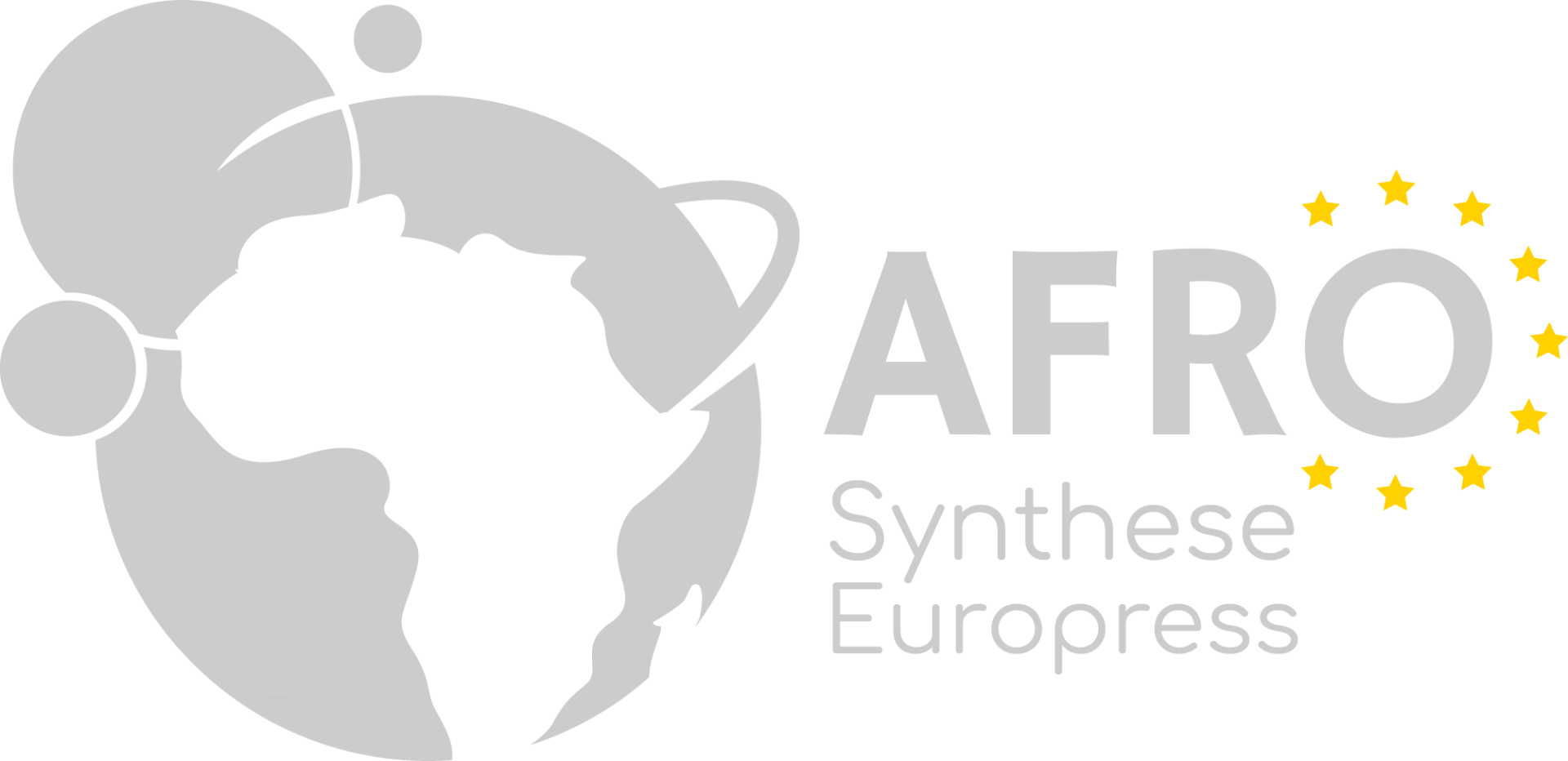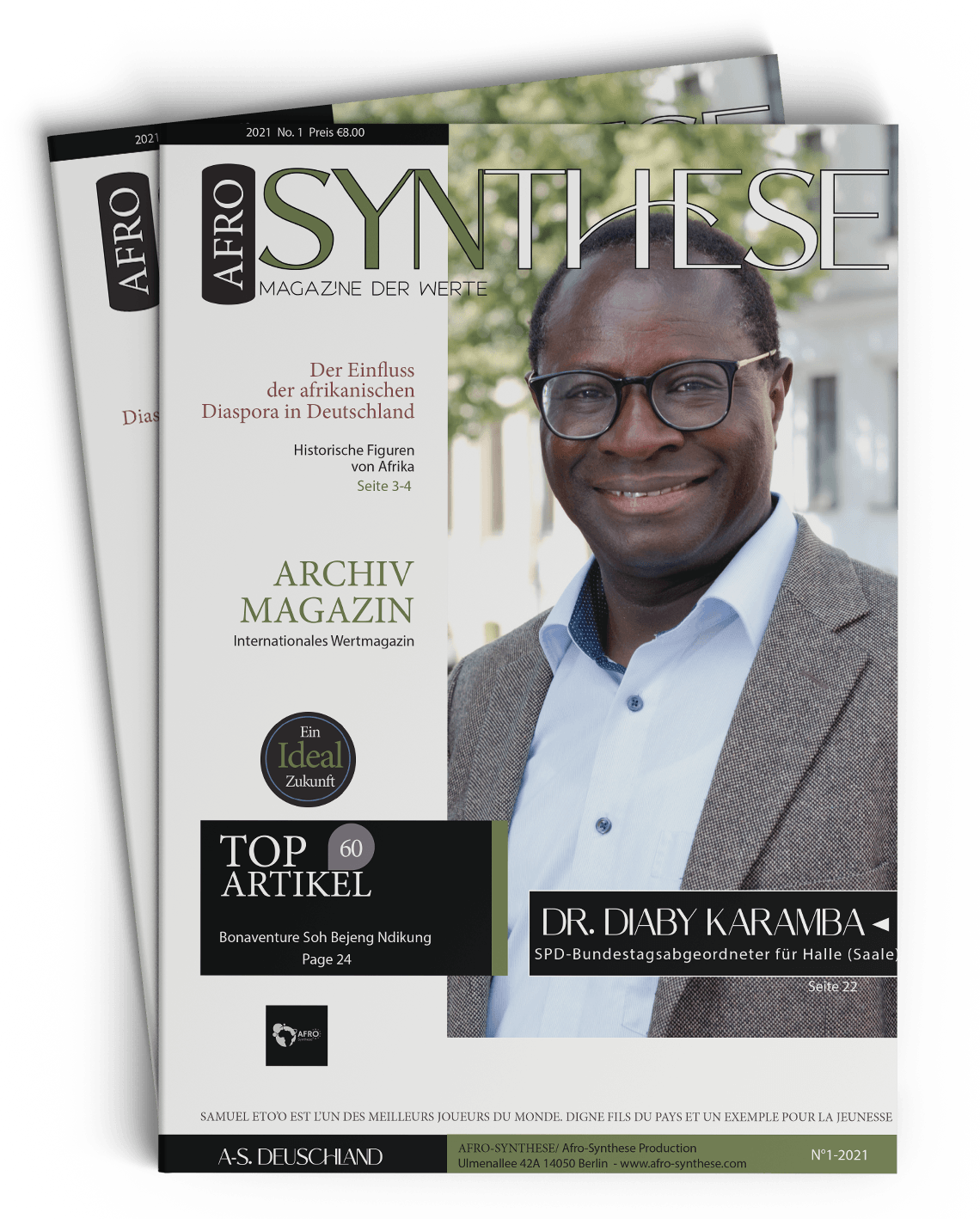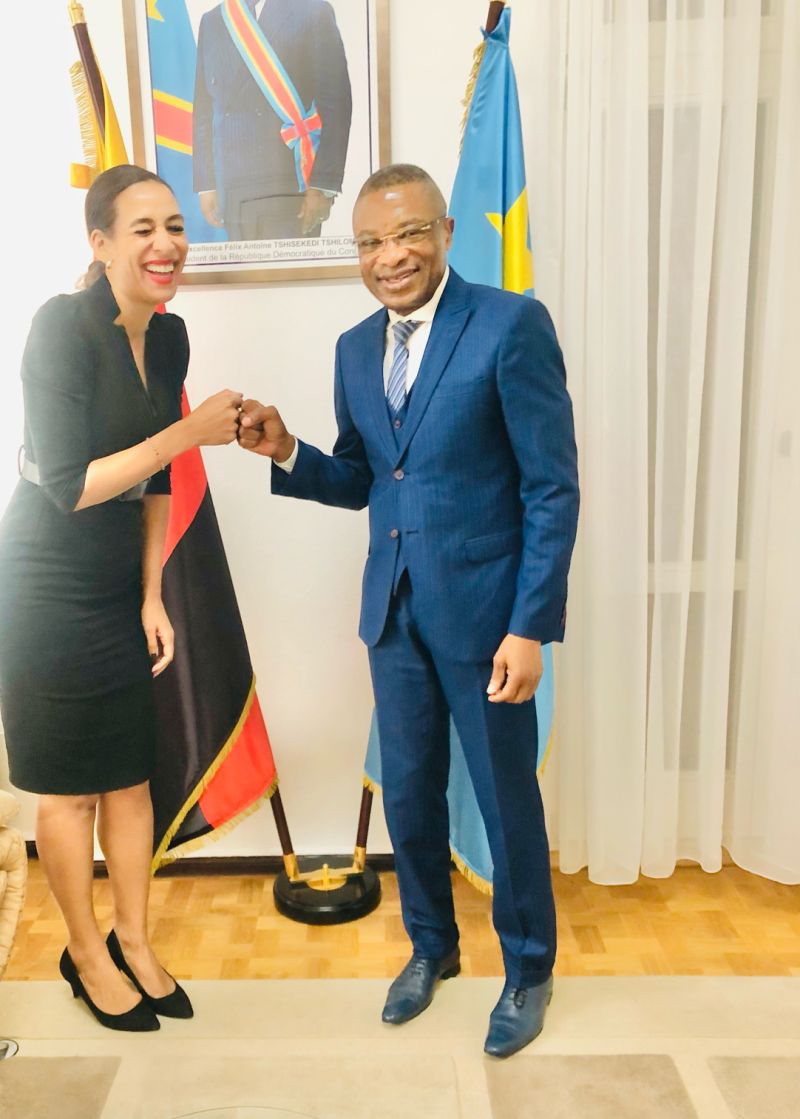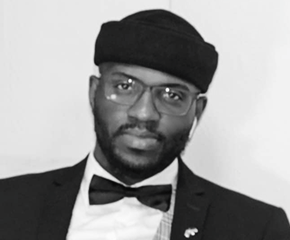AFRO Synthesis
All, to give strength to Africa.
Blog, Magazine, Information & Opinions
The official release of the first edition
Days
Hours
Minutes
Seconds
The printed version will be available from 10 May 2021
Available in digital format (PDF)
OUR MAGAZINES 2021
Afro-Synthese
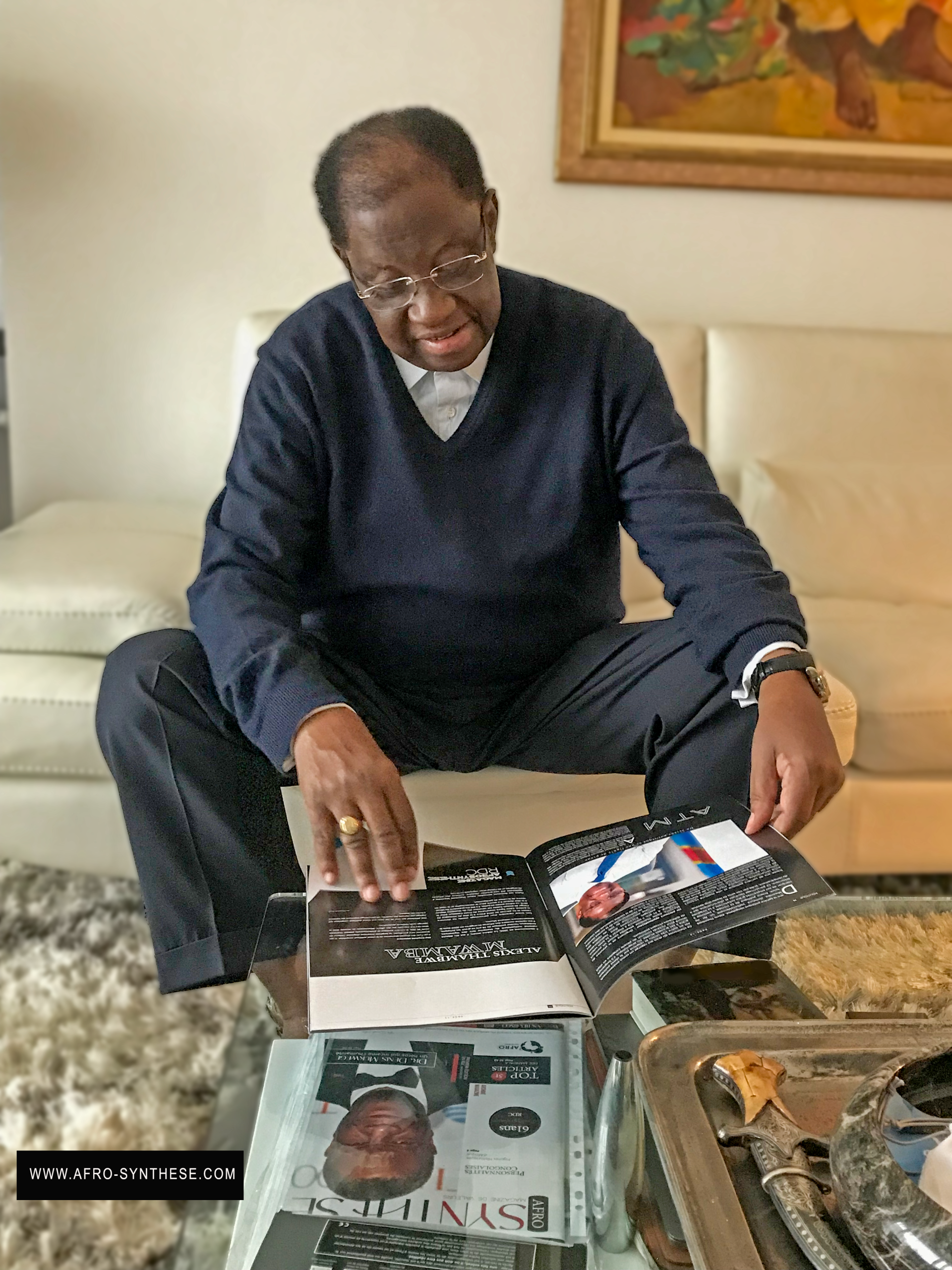
The first edition of our magazine has been published, and we had a fruitful exchange with H.E. Alexis THAMBWE MWAMBA, former president of the Senate of the DRC, who was very happy and complimented us on our work. The second edition will be published in December. Afro-Synthese your magazine of values.
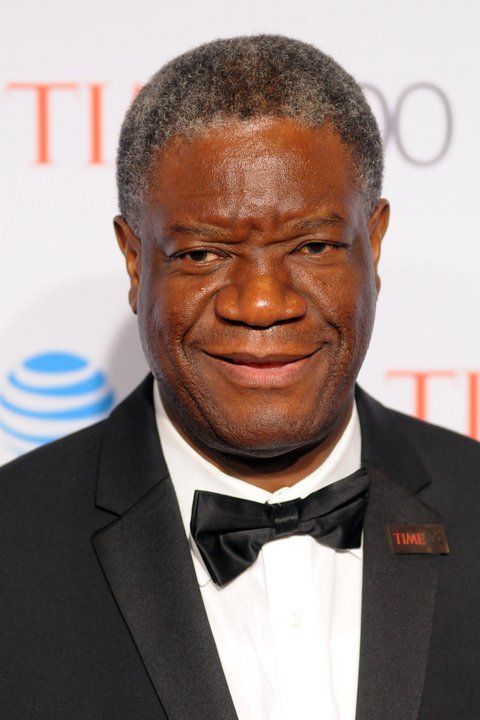
Denis Mukwege, a hero who embodies humanity He is the picaresque image of humanity's evolving values. A Nobel Peace Prize winner, Dr. Denis Mukwege stands out for his unbridled commitment to the fight against sexual violence against women. At 66, the Congolese gynecologist remains a peace-loving figure. His heroic and courageous career has given him a worldwide reputation. As a human rights defender, Dr. Mukwege raises awareness of violations of freedom. A commitment to the "man who repairs women" that sounds the death knell for fear. A personality who inspires and commands the admiration of people and political actors around the world. Monumental feats Dr. Denis Mukwege puts himself on a pedestal. His laudable record of achievement proves it. The Congolese gynecologist has received several distinctions, thanks in particular to his commitment against genital mutilation practiced on women. Doctor honoris causa in several renowned universities such as the Catholic University of Louvain, Pennsylvania or Liège, Dr. Denis Mukwege received the Nobel Peace Prize in 2018 with the Iranian activist Nadia Murad. In addition to this prestigious award, the Congolese gynaecologist has been awarded several times. He received the Shakharov Prize in 2014. Other honors such as the United Nations Human Rights Prize (2008), the Olof Palm Prize (2008) and the Chevalier de la Légion d'Honneur complete his abundant list. Denis Mukwege, an evangelical Pentecostal Christian pastor, shines not only in his generosity, but also in his love for ordinary people. The man who repairs women Because of his involvement in helping the women and girls of Panzi in South Kivu who are victims of sexual violence, Dr. Denis Mukwege has earned the nickname "the man who repairs women". A fight he is waging with ardour and courage. More than 50,000 victims have been treated at the hospital, which offers centralised medical, psychological, socio-economic and legal care. In addition, the Panzi Foundation actively contributes to the running of the hospital. Denis Mukwege's symbolic involvement continues to leave an indelible mark. A great man who commands admiration.
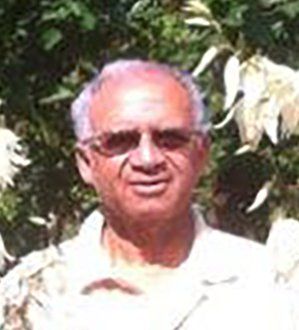
Dr. Médard N'galamulume-Treves: The journey of the first African pharmacist in Germany. Treves MADARD is a German pharmacist from the Democratic Republic of Congo. He is the first African to practice the profession of pharmacist in Germany, a country at the time marked by great racial discrimination. Dr. Treves Médard has been living in Berlin for several decades and is a true pioneer who has overcome everything to live his dream. He was born in Likasi, a town in Zaire, where he spent the first five years of his life, before moving to Kananga for study purposes, accompanied by his mother and aunts. When he arrived in Kananga, he was immediately separated from his mother, but nevertheless attended primary school until the fourth grade. On March 8, 1958, at the age of 10, he left Kananga to join his mother in Kinshasa. Once in the capital of the DRC, he and his mother moved to the friendly commune of Matete. The young Médard did the rest of his schooling at the Athénée de la Gombe then Kalina, where he obtained his state diploma in physical mathematics in 1967. Without resuming, he began university life at the University of Kinshasa. But this course is immediately interrupted by the obtaining of a scholarship giving him the opportunity to pursue university studies in Europe. The European obstacles: From cultural adaptation to university enrollment to practical training. In January 1968, he arrived in Belgium, with the freedom to study only in one of the European Union countries of the time (France, Italy, Germany and the Benelux countries). After some reflection, Médard finally chose Germany because of the scientific progress of the country. On February 1, 1968, he arrived in Cologne (Germany) where he was assisted by a Belgian in the process of starting his university career. To his great surprise, the German authorities almost forced him to study agronomy, a very good faculty but the opposite of his aspirations. Without delay, he made known to the German authorities his ambition to study pharmacy, a faculty that is extremely demanding in Germany and requires the highest grade in the baccalaureate. After lengthy discussions and the involvement of Brussels, which was in charge of the studies of the scholarship holders, of which he was one, the German authorities finally agreed that Médard could study pharmacy. He then began to learn the German language, which he soon mastered. Just when he thought the way was clear for him to finally begin his studies in pharmacy, he discovered that pharmacy studies in Germany were regulated differently and that a two-year internship was required before beginning actual studies at the university. Because of the racial discrimination at the time, it was a long wait to be admitted to a pharmacy for an internship. In this impasse, motivated by a desire to learn, he was forced to study Latin at the University of Cologne, where he passed his exam in German with flying colors, thus obtaining his degree in Little Latinum. Having lost all hope of being admitted to a pharmacy for an internship, he was already thinking of leaving Germany to return to another country where he might have the opportunity to realize his dream of studying pharmacy. But fortunately for him, in January 1969 he left Cologne for Berlin where he met a lady named Charlotte. She was amazed by Medard's command of the German language and his motivation to study pharmacy. Charlotte decided to help the young man. She phoned the Chamber of Pharmacists in Berlin to ask for a practical training in her pharmacy in Trier. As luck would have it, Charlotte's call came just after a German pharmacist was looking for an intern. Dr. Bähr agreed to meet the young Medard in person, despite the latter's origins. From their first meeting, it is the beginning of a love story and an intimate friendship despite the 18 years age difference. A story that Dr. Treves Médard tells to this day with nostalgia and tears in his eyes. After two years of internship with Dr. Bähr, he passed his exams with flying colors. Contrary to his expectations, he discovered that foreign students need the equivalent of a German high school diploma before they can start studying pharmacy. After submitting his Congolese state diploma and that of the little Latinum obtained in Cologne to an examination to evaluate the equivalence, he was finally admitted to the University of Berlin. In 1975 he finished his studies in pharmacy at the University of Berlin. Thus becoming the first African to obtain a degree in pharmacy in Germany. Despite the years spent in Germany, Médard did not forget his dream: to obtain a degree in pharmacy in Germany and then to return to the Democratic Republic of Congo to train his compatriots in pharmacology. His intelligence, his seriousness and his determination earned him the honor of being maintained as an assistant at the University of Berlin until 1977. In 1976, one year after graduation, he got married and a year later they had their first child. In 1979 T. Médard finished his doctorate. He applied to become a university professor. While waiting for his application to be rejected, he decided to return to the Democratic Republic of Congo to become a professor. The return to the Democratic Republic of Congo: a huge disillusionment. When he arrived in the DRC, two possibilities were in his mind: either to become a university professor or to start a pharmaceutical company. While there, a childhood friend made him think about the difficulties of starting a pharmaceutical company. At the University of Kinshasa, it is almost impossible to become a professor with a German degree. Things did not go as planned and he left the DRC for Tunisia in 1981. In Tunisia he saw the Ministry of Education where he was admitted to the only university that taught pharmacy. But he is immediately upset by Tunisian customs. And especially with the Arabic language that he had to learn. So he went back to Germany. The return to Germany: the dream finally becomes reality. Back in Germany with his little family, Médard receives one day his friend who tells him that the University Clinics of Berlin are looking for a pharmacist for the position of hospital pharmacist. For him, this was a golden opportunity and a chance to realize his childhood dream. He applied for the position and became assistant chief pharmacist. He became the first African to become a pharmacist in Germany. By Marc Tshata
